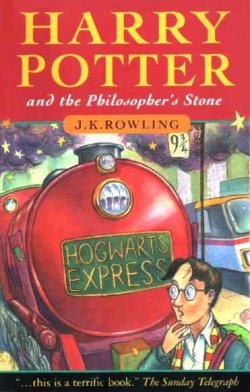
Courtesy of wikipedia.com
Who would have imagined writing young adult novels could be dangerous? Even so, writer Jesse Singal contends social media sites have become centers for whisper campaigns against authors who violate a new canon.
The emerging standard requires rigid authenticity. For example, a book about a black heroine that isn’t written by a black writer will be condemned to the fire. A man’s novel with a female heroine must suffer the same fate.
The standard is needle nose narrow. Take the case of one black, gay author who saw his work trashed because his story about a black, gay man took place in Kosovo. The author doesn’t live in Kosovo, his critics complained. Therefore, it lacked credibility.
Simply put, the new norm requires a one-to-one correspondence between what an author experiences and what he or she dares to imagine. To anyone with enough brains to strike a match, the criteria will seem stultifying. Nonetheless, self-appointed critics feel free to lavish one-star reviews on “unauthentic” books, some of which they’ve not read but only heard about.
Over the years, my blogs have ranted against those who imagine they are keepers of the canon. Still, like maggots in a dung heap, they flourish. Their excrement serves no purpose but to expose the paucity of their imaginations. If left to them, several classics would never have seen the light of day.
I hope the authors of young adult fiction will continue to write about what moves them. Otherwise, the mandate for authenticity may spread to other genres. Imagine the havoc that demand would do to science fiction.
Like Ernest Hemingway, I take a dim view of critics. “God knows, people who are paid to have attitudes toward things, professional critics, make me sick; camp-following eunuchs of literature.” (azquotes.com). The same must be said of amateur critics.
